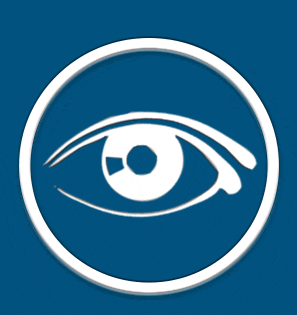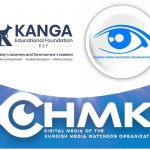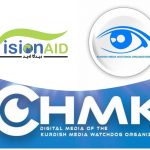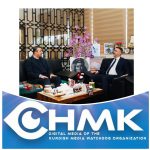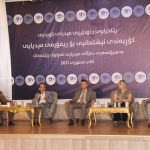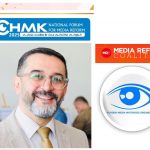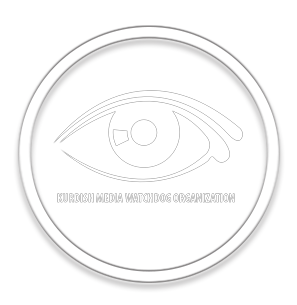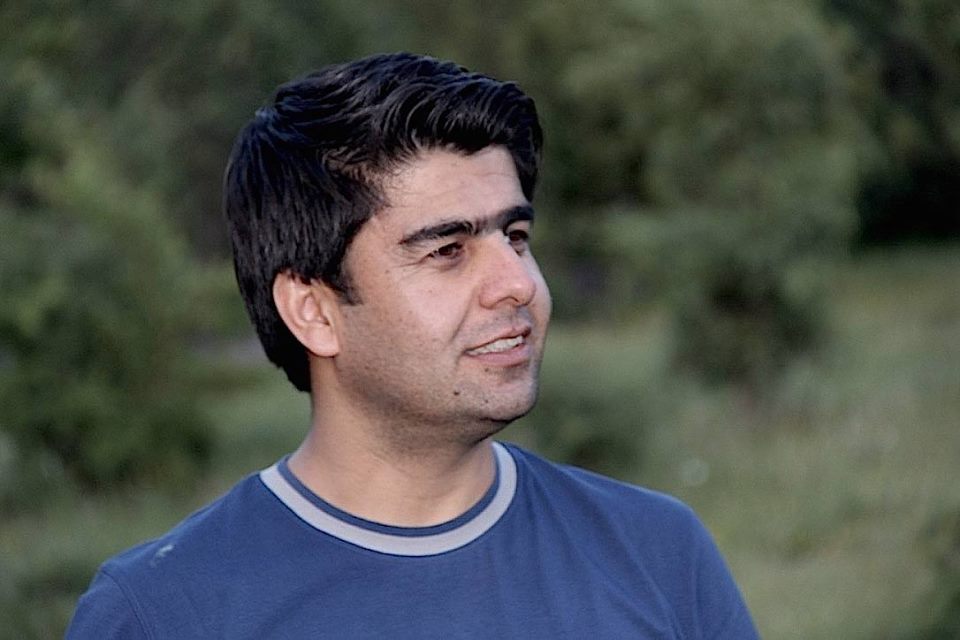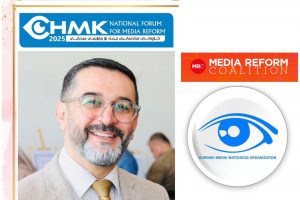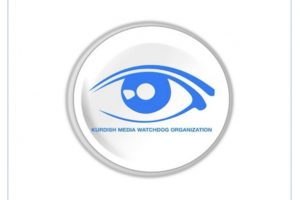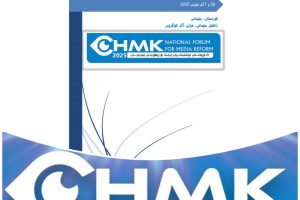By Kamal Chomani
From Kurdistantribune
Financial corruption is a web-like network covering all corners of the Kurdistan Regional Government (KRG) and governmental institutions. Another, less discussed, kind of corruption is media corruption. Surprisingly, the partisan and shadow media are getting huge monthly budgets although they serve only the will of political parties, not the nation.
In Southern Kurdistan, there are four different types of media with different strategies and policies. The first is the partisan media: Almost all political parties possess theirs, especially the Kurdistan Democratic Party (KDP) and Patriotic Union of Kurdistan (PUK), which both own huge mass media outlets. The second is the opposition media, owned by opposition parties, such as the Wusha Company of the Change Movement. The third is the private media, which comprise Awene Newspaper, Hawlati Newspaper, Lvin Magazine and a few others. The fourth is the shadow media which are affiliated to either the KDP or PUK.
The KDP and PUK have dozens of media outlets, including satellite TV stations, newspapers, news agencies, magazines, websites and so on. Apart from their mouthpiece, partisan media, the two ruling parties have found a new variant: the shadow media. Basically, the shadow media are either affiliated to the KDP or the PUK but they define themselves as ‘private’.
The partisan media’s role is to provide untrue stories and even brainwash people’s minds. Meantime, the shadow media works to weaken the private media’s discourse on one hand, while attacking opponents of the party they are affiliated to on the other. In fact, the shadow media is the more dangerous because they work behind masks. Although the private media has tried to unveil these masks, the shadow media are still working hard to mislead the public and give their audiences fake information.
The Rudaw Company is one of the shadow media companies affiliated to the KDP or, more precisely, to Nechirvan Barzani, the KDP’s deputy president and the current Premier. This company is one of the biggest, and the recent allegations about it getting 30 million dollars from oil revenues for a new TV station, prompts me to write about it.
Rudaw owns a weekly newspaper in Sorani which has a circulation of 3,000 per issue; a website in two languages, Kurdish (Sorani and Kurmanci) and English; a Kurmanci version of the newspaper which is published in Europe; and a satellite TV station which is going to start broadcasting in the coming months.
Rudaw has a huge budget from the government, more than any other media company. According to different sources, before the foundation of the TV station, it had more than 65 million Iraqi Dinars, aside from the money it gets from Nechirvan Barzani himself. This budget doesn’t include other funds from different party sources. The company has enjoyed this budget since its foundation. Surprisingly, when the PUK’s Dr. Barham Salih was on his two-year term of the premiership, he cut the budget of many media outlets, but he couldn’t cut even a penny from the Rudaw Company, even though it opposed almost everything he did.
In Iraqi Kurdistan, almost all senior KDP and PUK politicians have their own media outlets to attack their opponents. The strange thing is that all such outlets get funded by the government. The circulation of such media outlets has never overtaken the private media. At the same time, the private media have faced all kinds of difficulties, even the deaths of two young journalists. The private media has worked hard to fight against corruption and support freedom and freedom of speech and democracy.
Recently, a source very close to the Change Movement told me that, during his visit to Nawsherwan Mustafa, the leader of that movement, Ashti Hawrami, the KRG Minister for Natural Resources, told him that the new Rudaw TV station has got 30,000,000 USD from oil revenues. I have met with denials about this claim, but there is a big question about where Rudaw has got the money from to found a TV station which simply needs millions of dollars!
The allegation became more doubtful when Nechirvan Barzani, PM, denied it in response to a question raised by Hawlati Newspaper in its last interview with him.
Barzani told Hawlati: “This project has not enjoyed any help with oil and government money.”
But the big question is: With what money has Nechirvan Barzani funded this project?
Barzani told Hawlati that the era of the shadow media is over. So he confirmed that such media has existed and they have been given money from the public budget. Now he has understood that this budget should be cut.
Another big question is: Where does Rudaw get its huge funding from?
I should quote the founder of Rudaw, in one of his interviews following his resignation, to reveal more about the company’s corruption.
Noreldin Waisy, the publisher, and founder of Rudaw; resigned more than a year ago over allegations of corruption and interference by the KDP and Nechirvan Barzani’s
